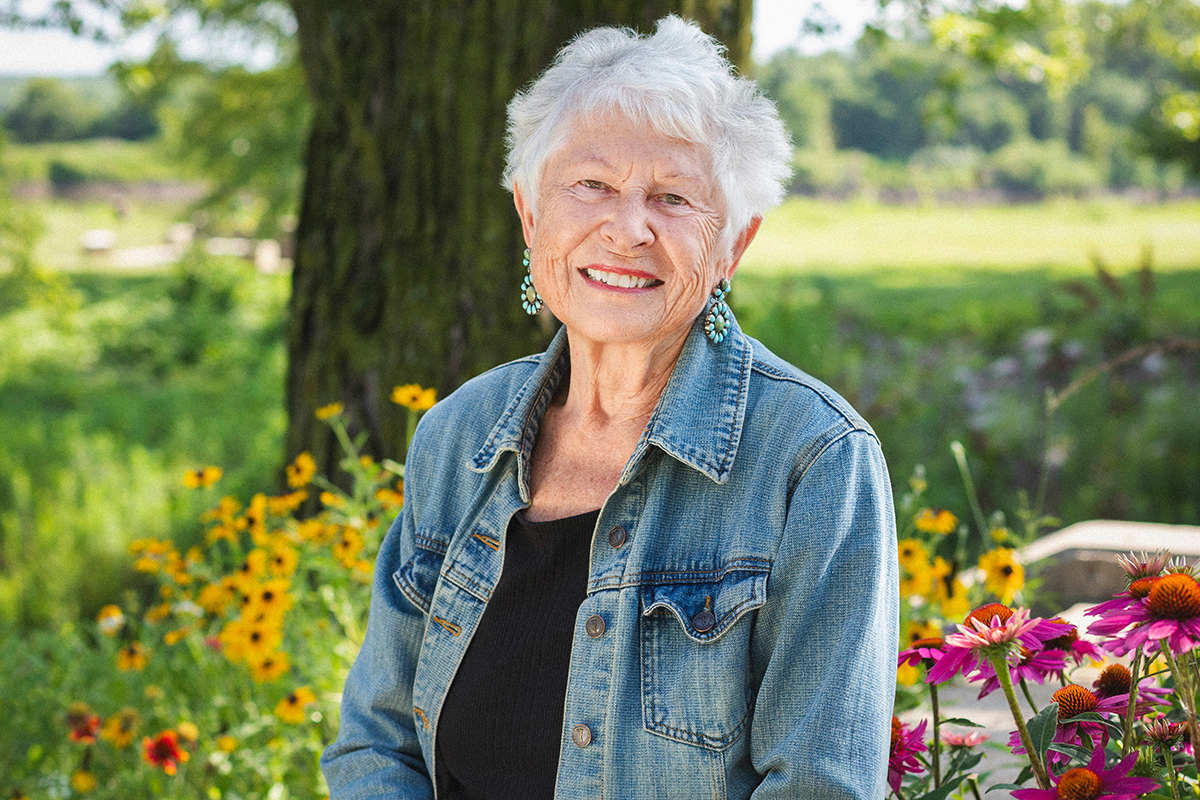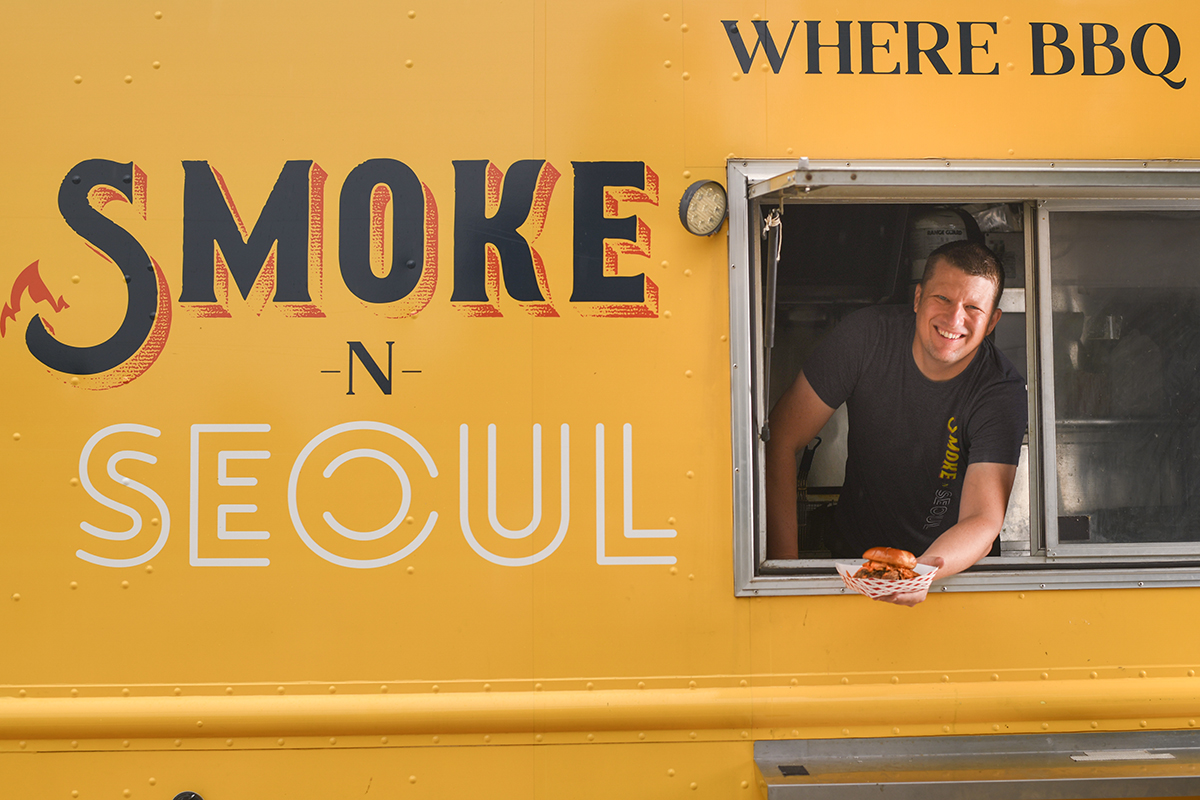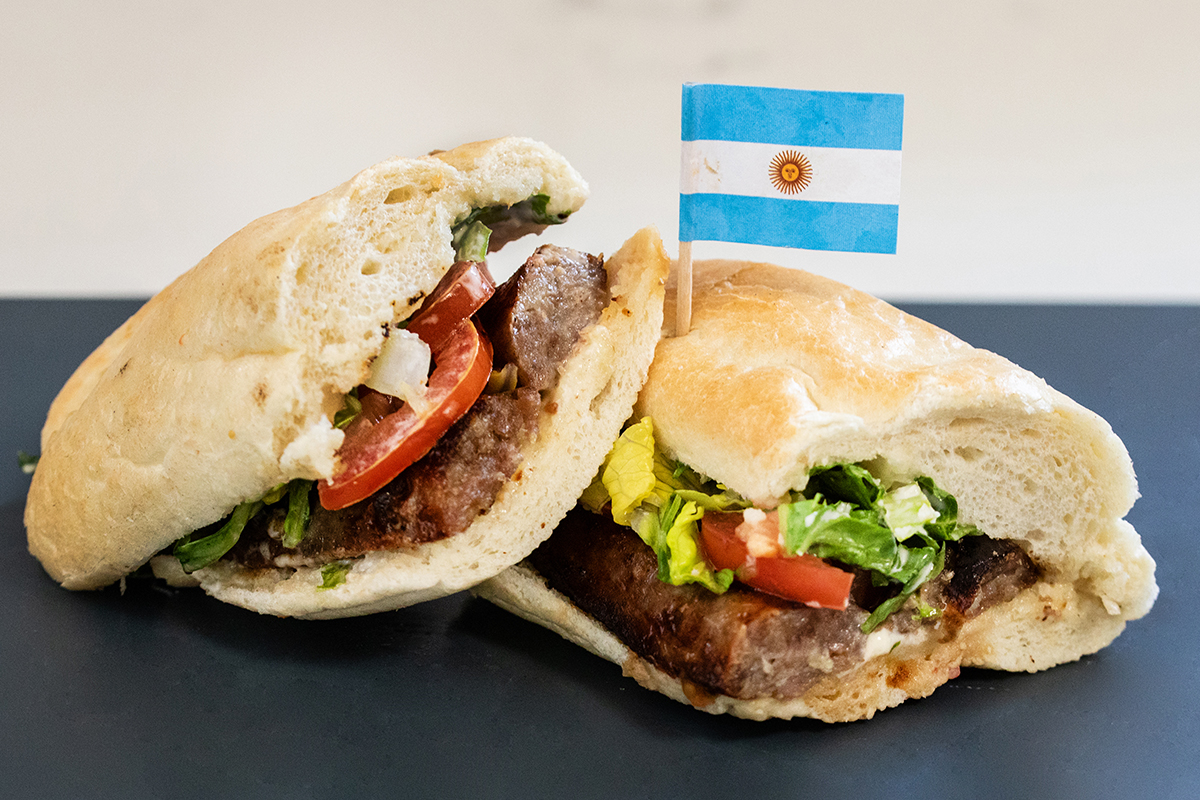Metta Siebert and Hanna Thompson, 35, aren’t only identical twins. They’re also mirror images of each other. Thompson is left-handed while Siebert’s right-handed. Their facial features are the same but flipped.
Growing up, they did nearly everything together, including attending the same college. Siebert, who lives in Kansas City, says she and Thompson, who lives in San Francisco, share a kind of bond so strong they’re not allowed to be on the same team in a family game of charades.
As of this summer, the two women have something even more powerful in common: breast cancer.
The twins’ situation, although unique, points to a larger phenomenon where sisters, mothers, daughters and even best friends are diagnosed with breast cancer at the same time. Dr. Gregory Crane, Siebert’s oncologist at the University of Kansas Medical Center, says this is common.
“What usually happens is that somebody notices a mass, gets checked out and then gets diagnosed, and that leads to other family members going, ‘Hey, I need to get screened,’” he says. “It’s not necessarily that they get cancer at the same time.”
The twins didn’t have just this phenomenon working against them. Their genes play a role, too. Crane says a third of patients get cancer, but if a twin has cancer, it increases the other twin’s risk to 46 percent.
“If you look at identical twins, they have the same genetic makeup,” he says. “So if one gets cancer, it would be higher risk that the other would get cancer as well.”
In the twins’ case, Siebert’s diagnosis is what prompted Thompson to get a mammogram. Siebert saw her primary care provider in early June after discovering a lump in the shower. As a nurse, she says she knew what was coming.
“They were taking all the extra images, and then the doctor came in,” she says. “Every medical provider has their serious doctor face, and she had that.”
Thompson says she felt a lump a few months prior to Siebert’s diagnosis but ignored it, thinking it was just a clogged milk duct from breastfeeding her 13-month-old son. She was soon diagnosed with the same cancer as Siebert — Stage 2A — and started chemo three weeks later.
The twins’ chemo treatments are slightly different, as are their cancers. Siebert is HER-2 positive, meaning she tests positive for a protein that promotes the growth of cancer cells. Thompson is not.
Siebert says only about 10 percent of the population tests HER-2 positive. The twins both tested positive for a mutation in their BRCA2 genes, putting them at a much higher risk of developing breast and ovarian cancers. Even with the gene, the twins are young for their diagnoses.
Siebert and Thompson never had genetic testing done before their diagnoses, but they wish they did, seeing as their maternal grandmother, grandaunt and aunt all had breast cancer. Their advice now: If you have any family history of breast cancer whatsoever, get tested for the gene.

If someone is positive for the BRCA mutation, it’s suggested they start receiving breast cancer screenings at 25 years old as opposed to the recommended 40. Crane says the screenings are also more involved.
“We start out screenings at younger ages, and we wouldn’t necessarily just do mammograms,” she says. “We’d do MRIs.”
Since the BRCA gene greatly increases the risk of the cancer returning, both Siebert and Thompson will need double mastectomies and possible radiation treatments after they’re done with chemo. It’s also recommended that they have their ovaries and fallopian tubes removed in the next one to three years.
The journey for Siebert and Thompson is just beginning, but in a way, each sister is glad she doesn’t have to go through it alone. Thompson says the best advice they can receive is from someone who has been in their shoes, and they often call each other to compare things like beneficial supplements or doctors’ orders.
“It’s a double-edged sword,” Thompson says. “Of course you wouldn’t wish this on anybody, let alone someone you’re so incredibly close with. At the same time, it’s like, ‘Well, if I have to go through this with anyone, it might as well be my twin sister.’”





